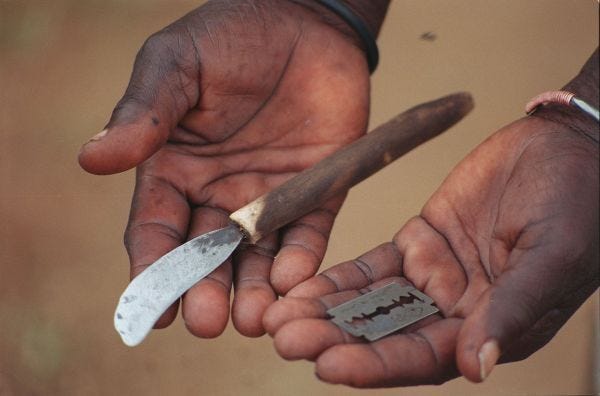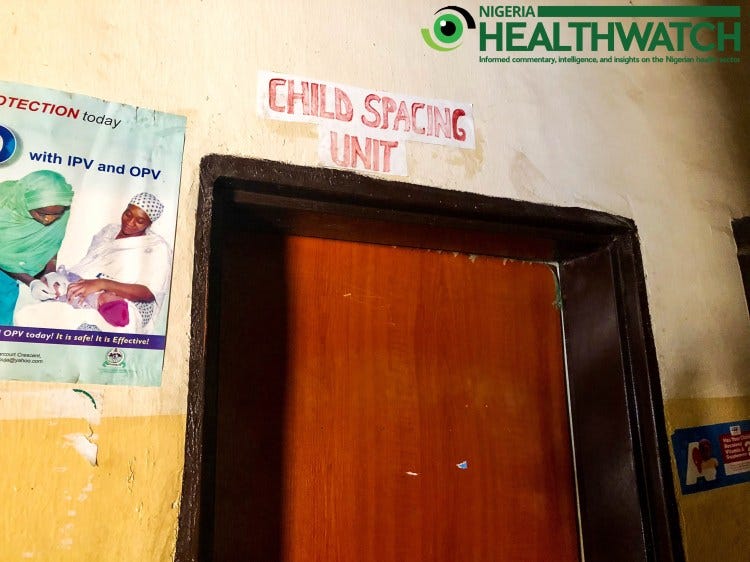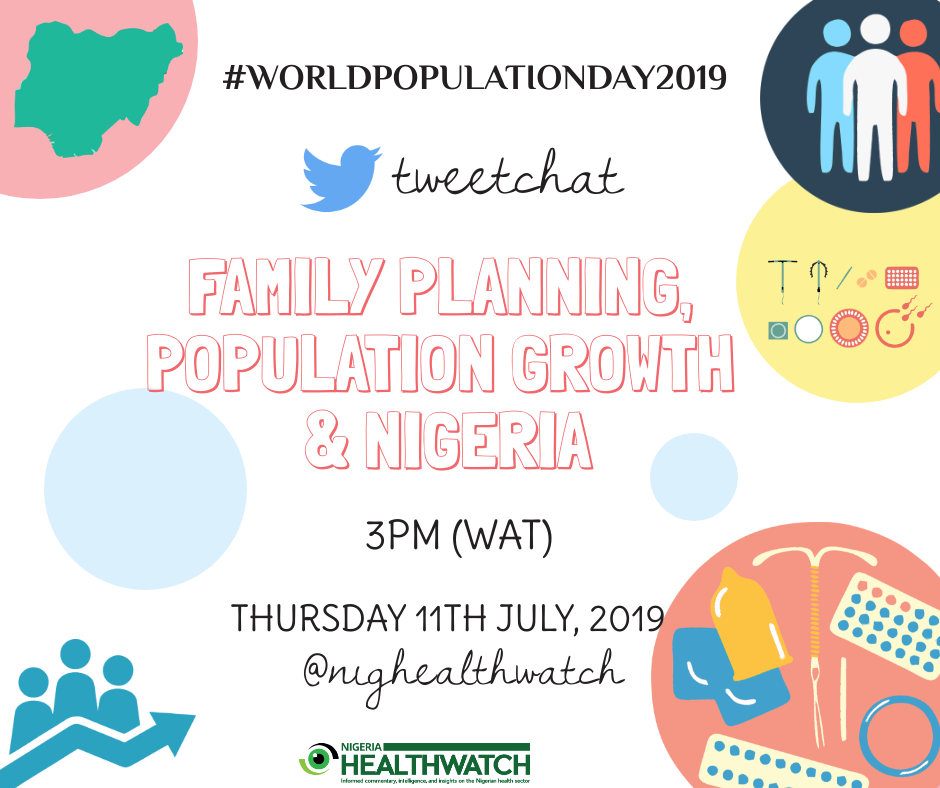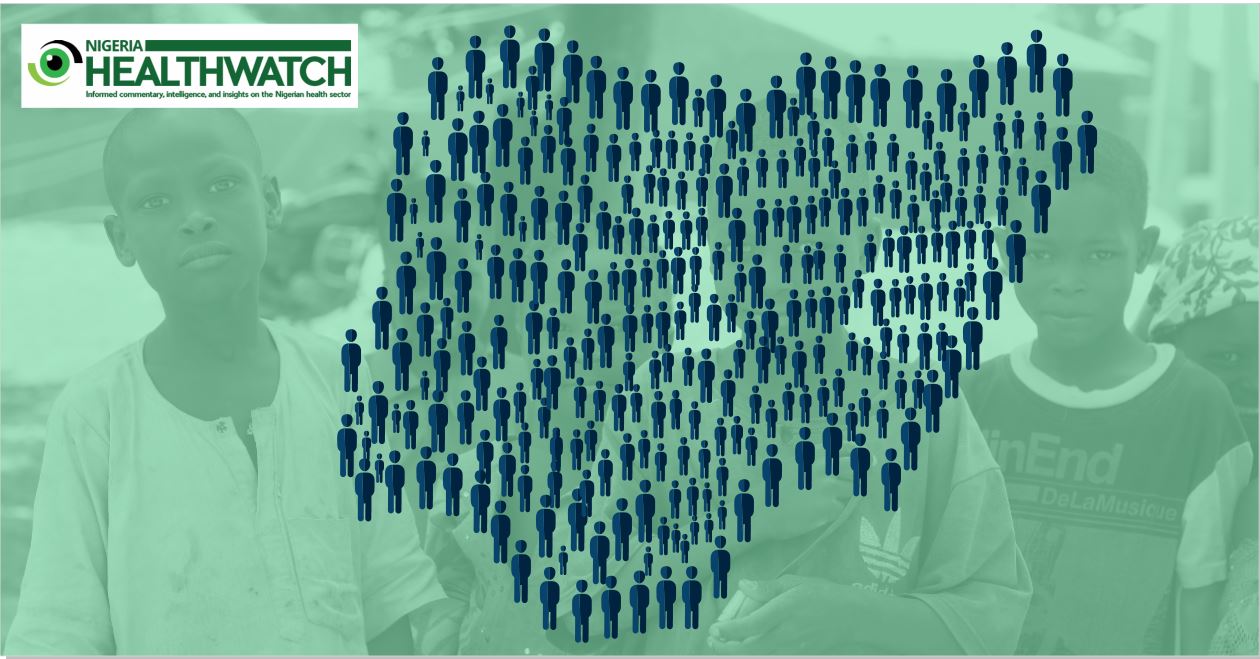Thirty years ago, the United Nations Development Programme (UNDP) established World Population Day, an annual event observed on July 11 every year. The world’s population had hit just over five billion people two years earlier and to commemorate that, World Population Day aimed to raise awareness and to take action on various population issues, such as reproductive health. According to the United Nations, current estimates indicate that roughly 83 million people are being added to the world’s population every year. Despite the response to population growth, issues such as gender inequality, poor reproductive health services, poverty, early marriage and poor maternal health services are still critical issues in low and middle-income countries (LMIC) like Nigeria.
Africa is lagging behind
This year’s world population day focuses on progress made since the 1994 International Conference on Population and Development in Cairo. The conference called for the recognition of sexual and reproductive health and rights (SRHR) as human rights, for global advancement. Access to comprehensive reproductive healthcare, safe pregnancy and childbirth, women empowerment including the eradication of female genital mutilation and child marriage were some of the issues reviewed by leaders of the 179 countries at the conference.
Progress has been made in all these key areas across the world according to the United Nations Population Fund, which estimates that there has been a 25% increase in access to modern contraceptives and a 40% reduction in maternal mortality since 1994. While other regions of the world have a considerably high contraceptive prevalence rate (CPR), 69.2%% in Europe and 75% in North America, as of 2015, Africa had a low CPR of 33%.

Nigeria is a contributor to the continent’s poor indices
With an estimated population of 200 million people that is growing at the rate of 2.6% per year, Nigeria accounts for 16% of Africa’s 1.2 billion people. There is therefore no doubt that development indices in Nigeria affect development indices across Africa, either positively or negatively.
Nigeria’s CPR according to the 2018 National Demographic And Health Survey stood at 16.6%, exactly 50% lower than the continent’s total. Nigeria contributes about 19% of Sub- Sahara Africa’s 66% global maternal mortality burden. Nigeria is also one of the few countries in the world where female genital mutilation (FGM), an unhealthy traditional procedure is still practiced. Although FGM is widely recognised as a violation of human rights, the 2016–2017 Multiple Indicator Cluster Survey estimates that more than 18% of women of reproductive age in Nigeria undergo this harmful procedure. The country is also not faring any better in aspects of child marriage. According to a 2017 report by the United Nations Children Education Fund (UNICEF), titled States of World’s Children, 43% of Nigerian girls are married off before their 18th birthday, often to the detriment of their education, which goes on to affect their socioeconomic status and their families for life. In 2016, the Federal Ministry of Women Affairs and Social Development launched The National Strategic Plan to End Child Marriage in Nigeria (2016–2021) to end child marriage in Nigeria by 2030. There is more to driving change than launching plans and signing documents, we need to ask questions. Have we made progress towards this vision? Legal frameworks around marriage exist in Nigeria, but how have we enforced them?

What is the way forward?
There is no doubt that Nigeria has made some progress. Maternal mortality ratio reduced by 39% from 1990 to 2015, however, the rate of annual reduction has been rather insufficient at only 2%. Unfortunately, other developmental indices have experienced similar slow progress. With a population estimated to be close to 400 million by 2050, Nigeria must double efforts at improving her developmental indices as a signatory to the 1994 International Conference on Population and Development. All statistics quoted above point to one key concern; our population is growing faster than the resources to provide for the increased population. We are facing a population explosion, and if we do not act now, it will affect our ability as a country to meet the needs of every Nigerian.
Family planning is one of the leading strategies to improve family welfare, controlling population growth and aiding the development of the nation. Though traditional family planning programs focus primarily on women, men are often the primary decision makers about family size and must take their place as change agents in increasing the uptake of family planning services , a consensus reached at the 2018 Nigeria Health Watch forum titled “The Elephant in the Room: Men as Change Agents in the Family Planning Discourse”.
Funding for family planning in Nigeria continues to be largely donor-driven. If we are to make progress, we must demand improved investment and budgeting for family planning from the government. Accountability is even more important. In the past, how have we spent the little that has been allocated to family planning? Are family planning commodities available in rural Primary Health Centres (PHCs) where they are very essential? There are still many PHCs that do not have the Green Dot, an indication of the availability of family planning products and services in the facility. Also, we cannot ignore the role of traditional and religious institutions in advancing family planning in the country. As with other health campaigns, their role is critical. Both institutions have shown to be very influential in getting their subjects to access healthcare services, especially in the northern part of the country.
It is estimated that Nigeria will be the third most populous country in the world. The time is ticking. We have not had a corresponding increase in social amenities and infrastructure and unless we act fast, this may not change. As Dr Ejike Oji, Chairman, Association for the Advancement of Family Planning said, “Tell people we are in trouble”. As we commemorate the 2019 World Population Day, we must reflect on progress made or stalled, in efforts to empower women, improve family planning, and eliminate gender-based violence and harmful practices. We must remember, we are in trouble.

In commemoration of World Population Day, Nigeria Health Watch will host a Twitter chat at 3pm (WAT) today, 11th July 2019. Join the conversation on family planning, population growth and Nigeria!




As we celebrate World Population Day today, it is critical that every nation should take issue of population planning and control very serious. If we don’t, the population will control itself.
We are already seeing evidence of self or forced population control in keeping with Malthusian theory of population.
No nation should allow population control itself with its associated consequences.